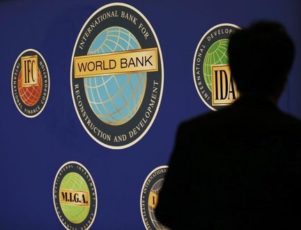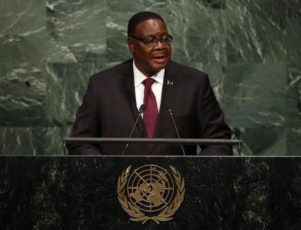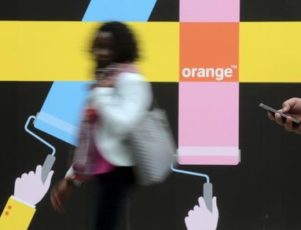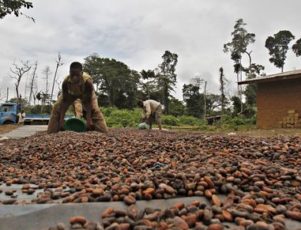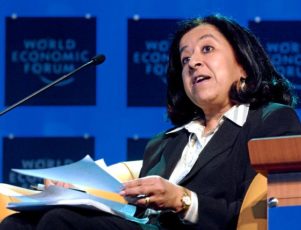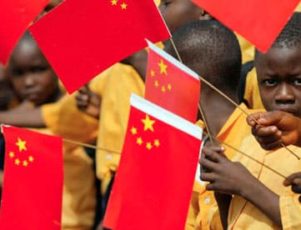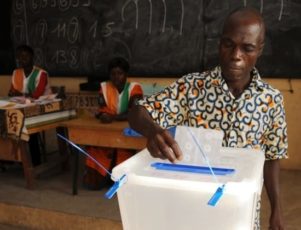JOHANNESBURG (Reuters) – South African investment firm Brait SE sold its stake in Steinhoff International for about 16 billion rand ($1 billion) and will use most of the proceeds to pay off debt, it said Friday.
Brait, which earlier this year sold its stake in low-end retailer Pepkor to Steinhoff for a combination of cash and a minority stake in the furniture retailer, said it would up its stake in British supermarket chain Iceland Foods.
After netting 15 billion in cash from the sale of its Pepkor shares, Brait has been on a buying-spree, lapping up gym chain Virgin Active and Britain’s clothing retailer New Look.
But the Pepkor deal, one of the largest in South Africa, also left it with 200 million Steinhoff shares.
“Brait’s minority shareholding in Steinhoff was not aligned with the company’s strategy of acquiring majority stakes in sizeable unlisted companies,” the investment house said.
The company plans to use the bulk of the money to pay off 14.2 billion rand debt. Brait also said it would pay 172 million pounds ($262 million) to raise its stake to 57 percent from 19 percent in Iceland Foods.
Brait said it would fund the Iceland Foods transaction from the 350 million pounds raised in a convertible bond issue earlier this month.
($1 = 0.6567 pounds)
($1 = 13.8925 rand)


